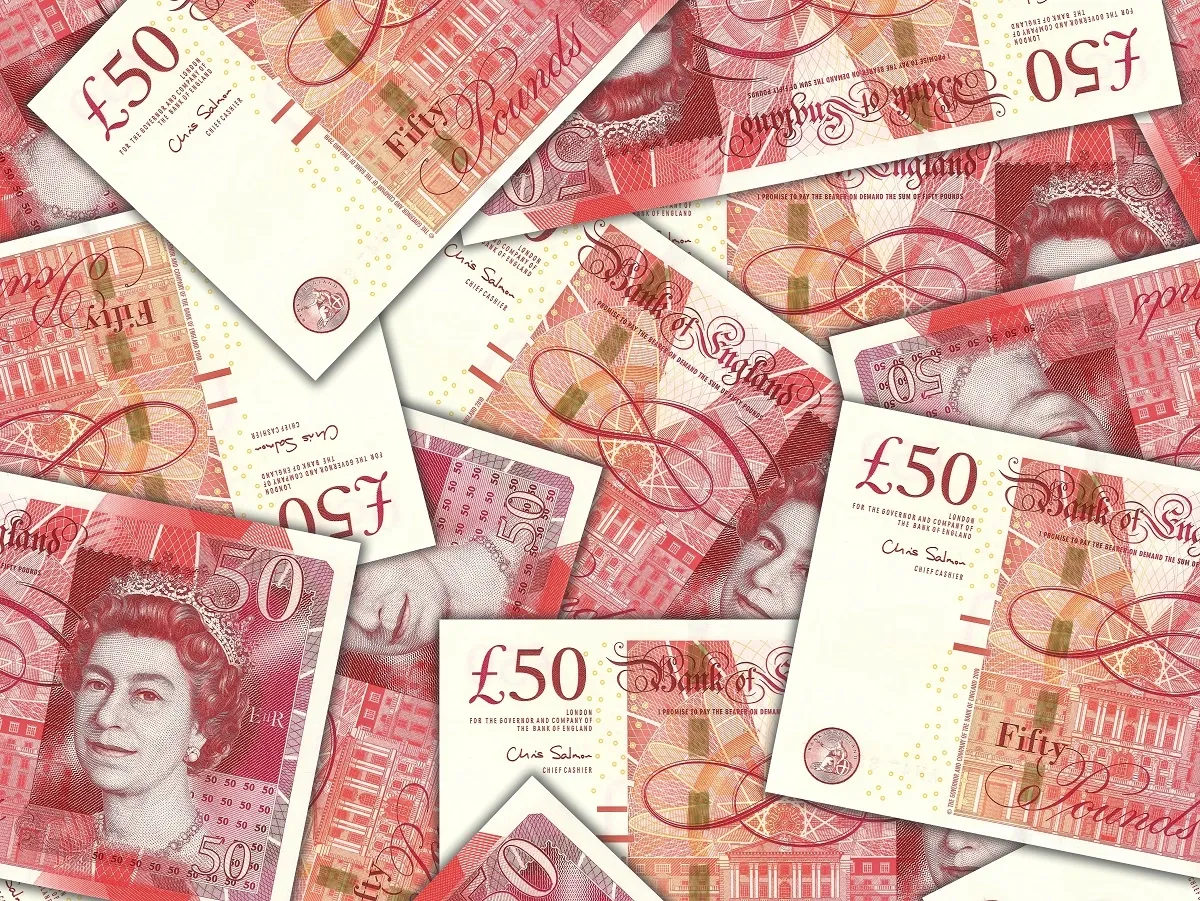Business News
UK's richest 10% got half of colonial India's wealth, enough to carpet London 4 times in £50 notes: Oxfam report
.png)
3 min read | Updated on January 20, 2025, 12:17 IST
SUMMARY
A report by Oxfam International revealed that the wealthiest 10% in the UK amassed over half of the $64.82 trillion extracted from India during colonial rule.

This forms part of rights group Oxfam International's latest flagship global inequity report released every year on the first day of the World Economic Forum Annual Meeting.
The wealthiest 10% in the United Kingdom accrued over half of the wealth extracted from India during colonial rule, according to a new report by rights group Oxfam International.
Oxfam estimates that between 1765 and 1900, a staggering $64.82 trillion, in today’s terms, was drained from India to the UK. Of this, $33.8 trillion went to the richest 10%, an amount the report says could carpet London in £50 notes nearly four times over.
MNCs direct legacy of colonialism
Citing several studies and research papers, the study asserts that the modern multinational corporation is a direct legacy of colonialism.
"Legacies of inequality and pathologies of plunder, pioneered during the time of historical colonialism, continue to shape modern lives.
“This has created a deeply unequal world, a world torn apart by division based on racism, a world that continues to systematically extract wealth from the Global South to primarily benefit the richest people in the Global North," Oxfam said.
How Britain undermined India's industrial growth
In 1750, the Indian subcontinent accounted for 25% of global industrial output, a share that plummeted to just 2% by 1900 due to Britain’s protectionist policies targeting Asian textiles, according to the report.
These policies systematically undermined India's industrial growth potential.
Paradoxically, it took a global conflict to temporarily alleviate this industrial suppression.
"During World War One (1914–18), the disruption of colonial trade patterns inadvertently catalysed industrial growth in the colonies," it said.
The colonial period was also marked by the large-scale exploitation of human labour and the abolition of slavery gave way to new forms of servitude.
The report noted that 3.7 million indentured labourers from Asia and Africa were transported between 1830 and 1920 to work on plantations, mines, and infrastructure projects.
The report highlighted how colonial structures left a long-lasting impact, perpetuating inequalities in the Global South. Even after independence, wealth and power remained concentrated among elites.
"In India, for example, in 1875 the top earners were mainly European officers of the army and the administration, but by 1940 they were mainly traders, bankers and industrialists," it added.
The report further said that countries in the Global South have also been victims of ‘biopiracy’, the unauthorised and uncompensated collection of genetic resources for commercial purposes.
It cited the example of the US multinational corporation WR Grace’s 1994 patent for a neem tree seed extract used in its antifungal spray, Neemex.
“While the company claimed that its patent was the product of a unique invention, neem extracts have been used by rural farmers in India for more than 2,000 years in insect repellents, soaps and contraceptives,” the report said.
About The Author
Next Story

